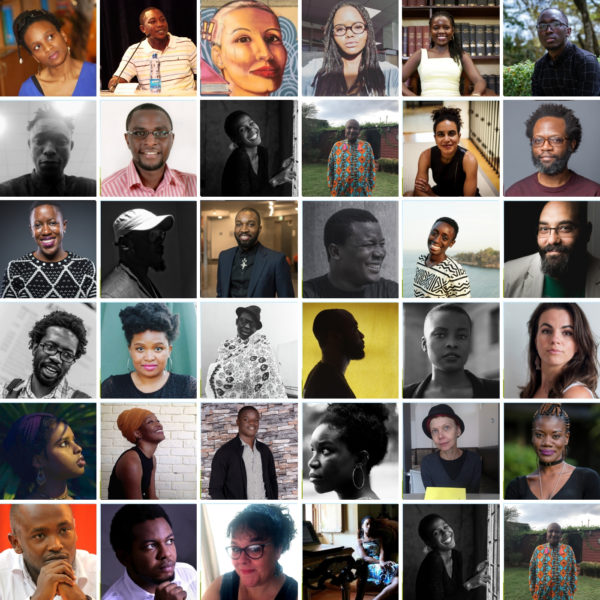
The Brittle Paper Awards is our way of recognizing the finest, original pieces of literature by Africans available online for free. We began it in 2017 to mark our seventh anniversary. The $1,100 cash prize is spread across five categories which reflect our efforts to capture the range and variations of literary dialogue on the continent: the Brittle Paper Award for Fiction ($200), the Brittle Paper Award for Poetry ($200), the Brittle Paper Award for Creative Nonfiction ($200), the Brittle Paper Award for Essays & Think Pieces ($200), and the Brittle Paper Anniversary Award ($300) for writing published on our blog.
The 2017 edition shortlisted 48 pieces, and the winners were: South African memoirist Sisonke Msimang for Essays & Think Pieces, Liberian novelist Hawa Jande Golakai for Creative Nonfiction, Nigerian poet JK Anowe for Poetry, South African writer Megan Ross for Fiction, and Nigerian poet Chibuihe Obi for the Anniversary Award.
For the 2018 Awards, we made a call for nominations, for works published between 31 July 2017 and 31 August 2018 and available for free online—available to be engaged with. We paid attention to works that inspired readers to rethink their assumptions about African writing. Some of our picks have been read and shared widely on social media. All have kindled important conversations and debates or have identified and built on areas still under-explored.
The 2018 edition shortlisted 31 pieces.
Here are the winners of the five categories.
The Brittle Paper Award for Creative Nonfiction ($200)
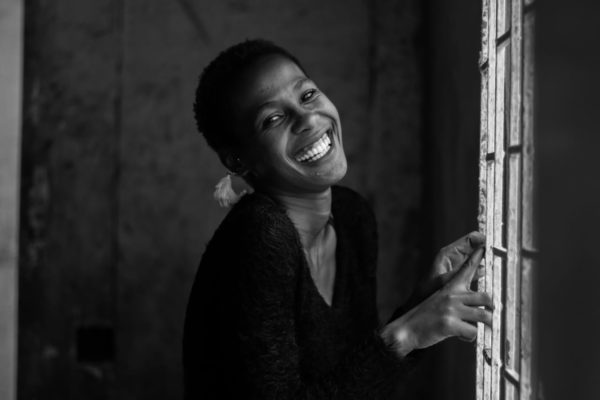
READ: The 2018 Brittle Paper Award for Creative Nonfiction: Meet the 8 Finalists
From a group of works—including a mapping project—all of which are either honoring history or figures on the boundary of history or turning an inward gaze towards the self, we unanimously chose Sibongile Fisher’s powerful memoir, “The Miseducation of Gratitude.” Fisher’s track-by-track reinterpretation of rapper Lauryn Hill’s 1998 album The Miseducation of Lauryn Hill is an autobiography of love, motherhood, family, and wounds. She blends literature and trauma into a musical framework and the result is poetic, soulbreaking, symbolic and, importantly, sure-footed. It is literary confessionality at its most bare.
The “The Miseducation of Gratitude” first appeared in Selves: An Afro Anthology of Creative Nonfiction, an independent anthology published by us, and online in Enkare Review.
READ: “The Miseducation of Gratitude”
The Brittle Paper Award for Poetry ($200)
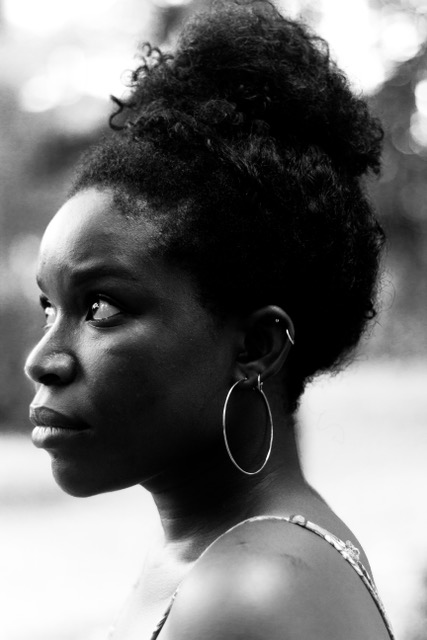
READ: The 2018 Brittle Paper Award for Poetry: Meet the 6 Finalists
From a pool of poems that reconsider bodies, families, relationships, and political developments, we chose Itiola Jones’s “A Field, any Field.” In lines shrouded in intimacy, Jones renders an alluring tussle between lovers, between the female persona and her body, between the pull of love and betrayal, and she portrays well the irreducible draw of lust. Her language is memorable and strewn with metaphors. In a sense, it is a declaration of physical self-ownership and responsibility—two lovers doing to each other what lovers do, refreshing an archetypal story.
“A Field, any Field” is published in The Offing.
READ: “A Field, any Field”
The Brittle Paper Award for Fiction ($200)
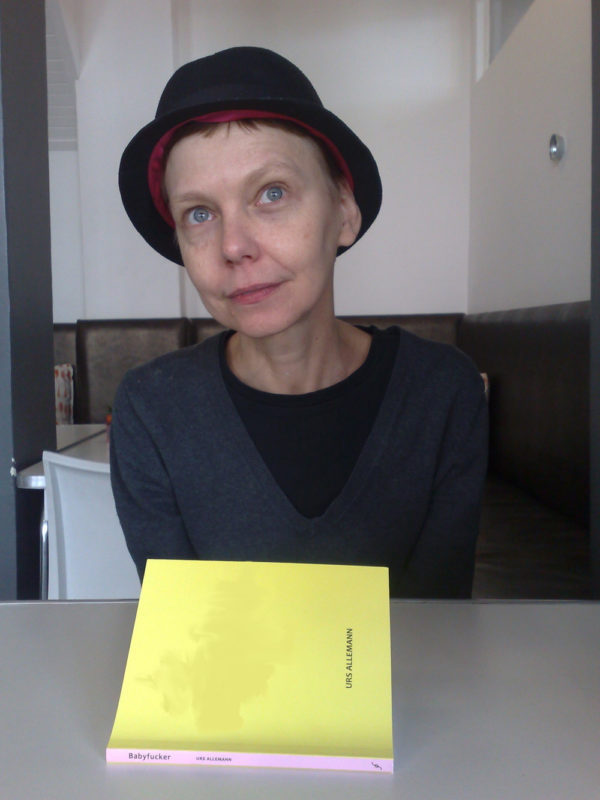
READ: The 2018 Brittle Paper Award for Fiction: Meet the 5 Finalists
From a set of short stories in which lives are hidden, mourned, distrusted, and accepted, we chose Stacy Hardy’s “Involution.” Hardy imbues the female sex organ with poignant agency, making it an incongruous character in her fabulist fiction. In the vein of characters who go on and on and seem incapable of stopping, at the center of Hardy’s work is a young woman whose curiosity to know her body part is intriguing and sustained. She approaches this dilemma with innovativeness, demonstrating, in a continental culture dominated by a brand of social realism, that fiction can be more than only story.
“Involution” is published in Migrations: New Short Fiction from Africa, an anthology by Short Story Day Africa, the continent’s most important institution for short fiction.
READ: “Involution”
The Brittle Paper Award for Essays & Think Pieces ($200)
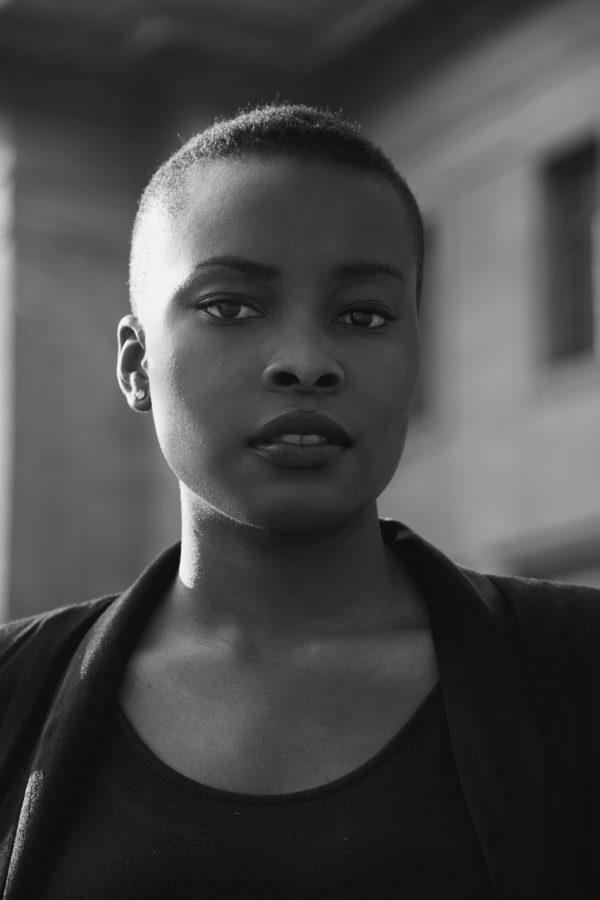
READ: The 2018 Brittle Paper Award for Essays & Think Pieces: Meet the 7 Finalists
From a class of essays and think pieces—including an interview, that mode of literary conversation often overlooked as a think piece—that inspire rethinks of poetry, books, legacies, and photography, we chose Panashe Chigumadzi’s “History Through the Body or Rights of Desire, Rights of Conquest.” Chigumadzi uses literary analysis, history, and memoir to interrogate J. M. Coetzee’s novel Disgrace, reckoning with race, gender, sex, land, and power in South African literature, politics, and everyday living, and the ways in which the novel is suspect in handling those. By finding links between geographical significances and Coetzee’s body of work—even connecting the different Davids in works by Coetzee, Zoe Wicomb, and John Buchan—the racialized atmosphere of South Africa is broken up, and with it the dehumanization of the black female body by white males, and the black female’s consequent raw fear of white maleness. It is a timely work that leaves us pondering power and privilege.
“History Through the Body or Rights of Desire, Rights of Conquest” is published in The Johannesburg Review of Books, a new magazine that has significantly expanded the online African literary scene with its rich mix of new writing and critical analyses.
READ: “History Through the Body or Rights of Desire, Rights of Conquest”
The Brittle Paper Anniversary Award ($300)
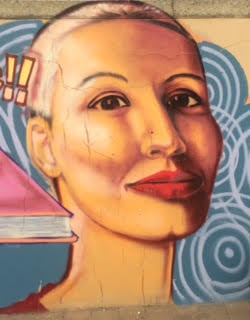
READ: The 2018 Brittle Paper Anniversary Awards: Meet the 8 Finalists
From a selection of writing and critiquing in which ideas war, we chose Shailja Patel’s “On Postcolonial Theory.” Patel’s relentless critiquing, in reiteration of the irreducible relevance of postcolonial theory following comments by Chimamanda Ngozi Adichie, merges intersectionality with elements of historical and biographical criticism. It demonstrates, in the midst of its noise, the harnessing of social media as a tool for intellectual intervention and engagement, and in a way that offers as much competence as traditional media.
“On Postcolonial Theory” consists of 14 tweets. At over 63 thousand views and 13,000 Facebook likes, “On Post Colonial Theory” is the perfect meeting point of viral content and intellectual substance.
READ: “On Postcolonial Theory”
Congratulations to Panashe Chigumadzi, Shailja Patel, Sibongile Fisher, Itiola Jones, and Stacy Hardy.


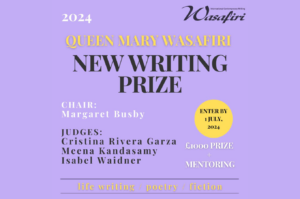
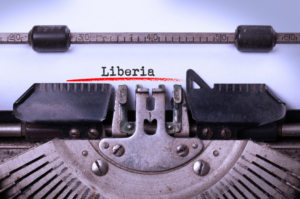
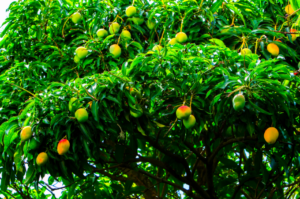




2018 Brittle Paper Awards: Winners Announced – ACEworld (Publishers & Magazine) November 03, 2019 02:15
[…] more details about the winners, and reviews about the winning pieces, click here ← Book Alert: Boys Are Not Stones Anthology She is Hope, Poem by Esther Kalu […]